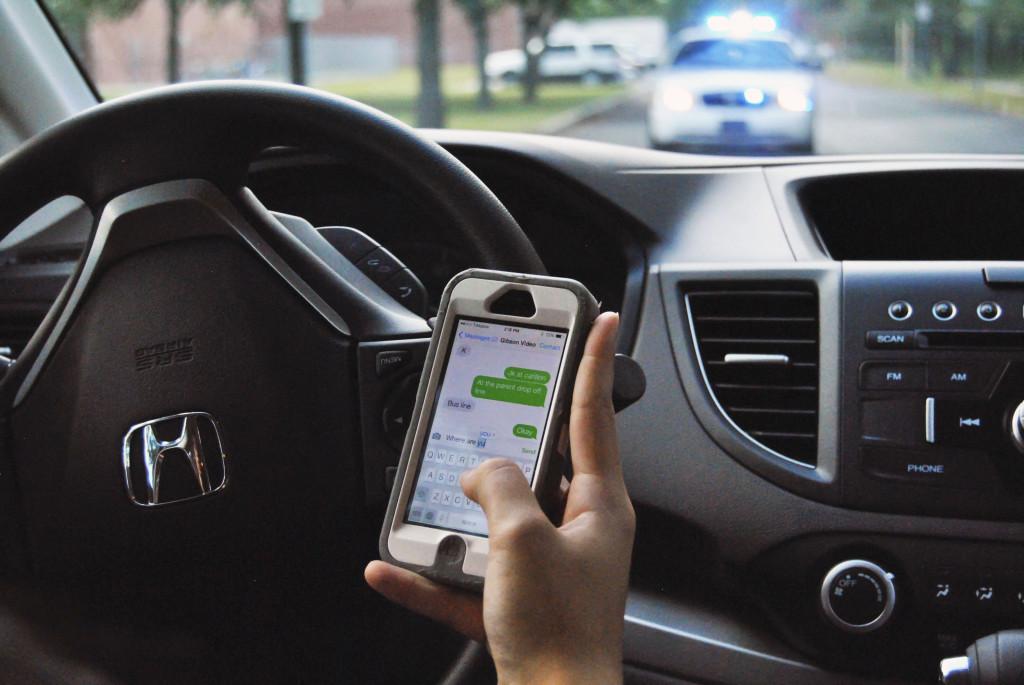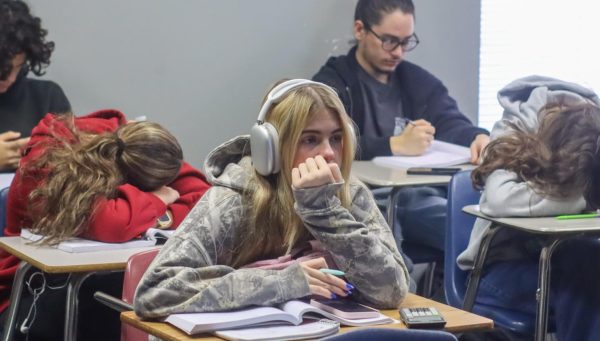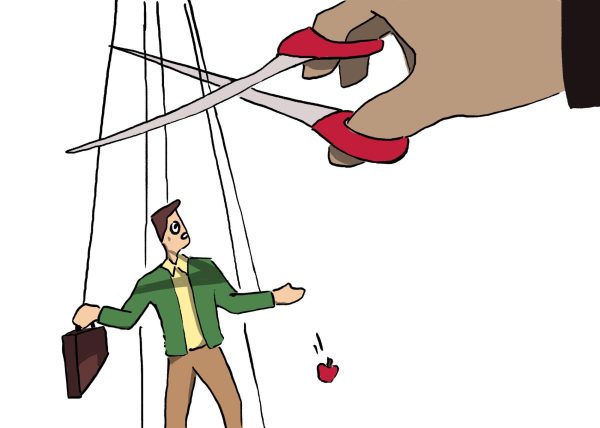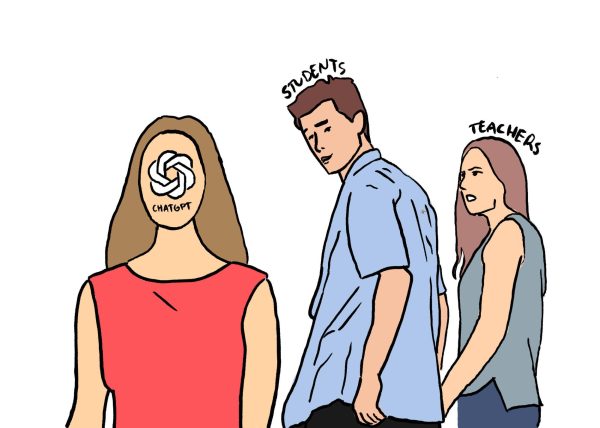Dangerous driving outlawed
As of Oct. 1, Florida became the forty-first state to make texting while driving a crime with the passage of the Florida Senate’s bill SB 52. The crime is a secondary offense, meaning a driver cannot be pulled over only for texting while driving, and is worth $30 dollars in fines. However, not much campaigning has been done on behalf of the new law, as Gov. Rick Scott earlier vetoed a $1 million dollar plan to help promote the ban.
“There has been some coverage of the law on the news, but most teenagers don’t watch the news,” School Resource Officer Deputy William McCaffrey said. “I’ve seen information regarding texting and driving on Facebook, which is how I first found out about the law.”
The state is implementing a few programs to raise awareness about the new law, however. Florida’s Department of Highway Safety and Motor Vehicles and the Department of Transportation joined AT&T’s “It Can Wait” campaign and sponsored a “Put It Down Day” on Oct. 1 to discourage young people from texting while driving. However, the law has not had a large effect on all students.
“I don’t text often, but when I do text and drive, if it’s important I feel like the texting is validated,” senior Matthew Murray said. “Everyone knows not to text and drive around a cop anyways.”
Many Florida schools have also shown clips from a documentary by filmmaker Werner Herzog called From One Second to the Next, which looks at four lives that have been impacted by texting and driving related accidents. The 35 minute film which has been distributed to 400,000 schools to raise awareness can be viewed on YouTube.
“[The video] was an eye opener; a car can be a weapon when used wrong,” sophomore Steven Marvin said. “Valuing a text message over someone’s life is really what you are doing when you answer a text behind the wheel.”
The new law has exceptions as well; drivers may text only when stopped at red lights or if they are using a talk-to-text device, such as iPhone’s Siri.
“There are apps students can download that won’t let cell phones send or receive texts when the phone detects that the car is moving above a certain speed,” McCaffrey said. “Technology can make driving safer if used correctly.”
According to a 2012 survey by the AAA Foundation for Traffic Safety, two-thirds of drivers admit to reading their texts or emails while driving. That same year, 4,500 accidents in Florida were attributed drivers being distracted by their phones, and more than 255 of those accidents were linked directly to texting. Some advocates of the new law feel that a $30 dollar fine does not to go far enough to enforce the ban on texting while driving.
“In Texas, texting and driving is a primary offense punishable by a $500 fine,” McCaffrey said.
Though it is only a secondary offense now, state legislature is working toward making texting while driving a primary offense, which would increase the fine.
“When seatbelt laws first went into effect, the fine was only $60. Now it’s $116,” McCaffrey said.
Your donation will support the student journalists of Hagerty High School. Your contribution helps us publish six issues of the BluePrint and cover our annual website hosting costs. Thank you so much!












